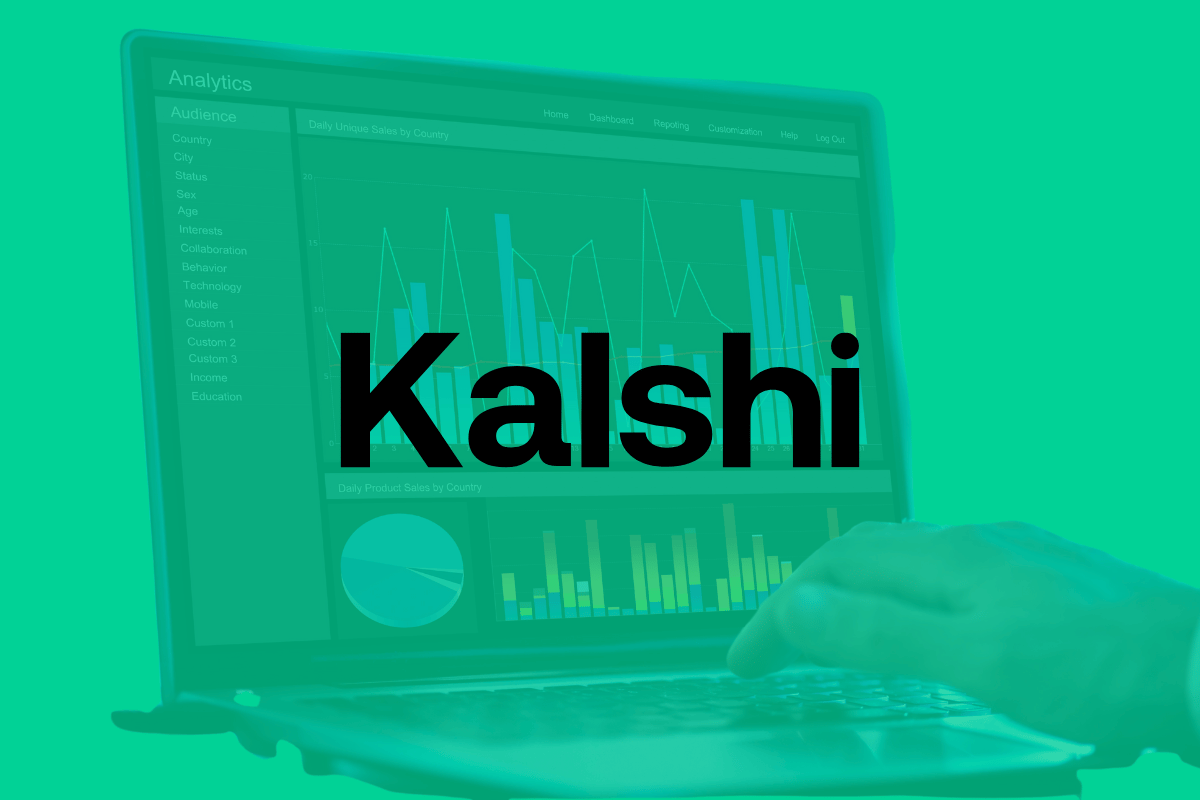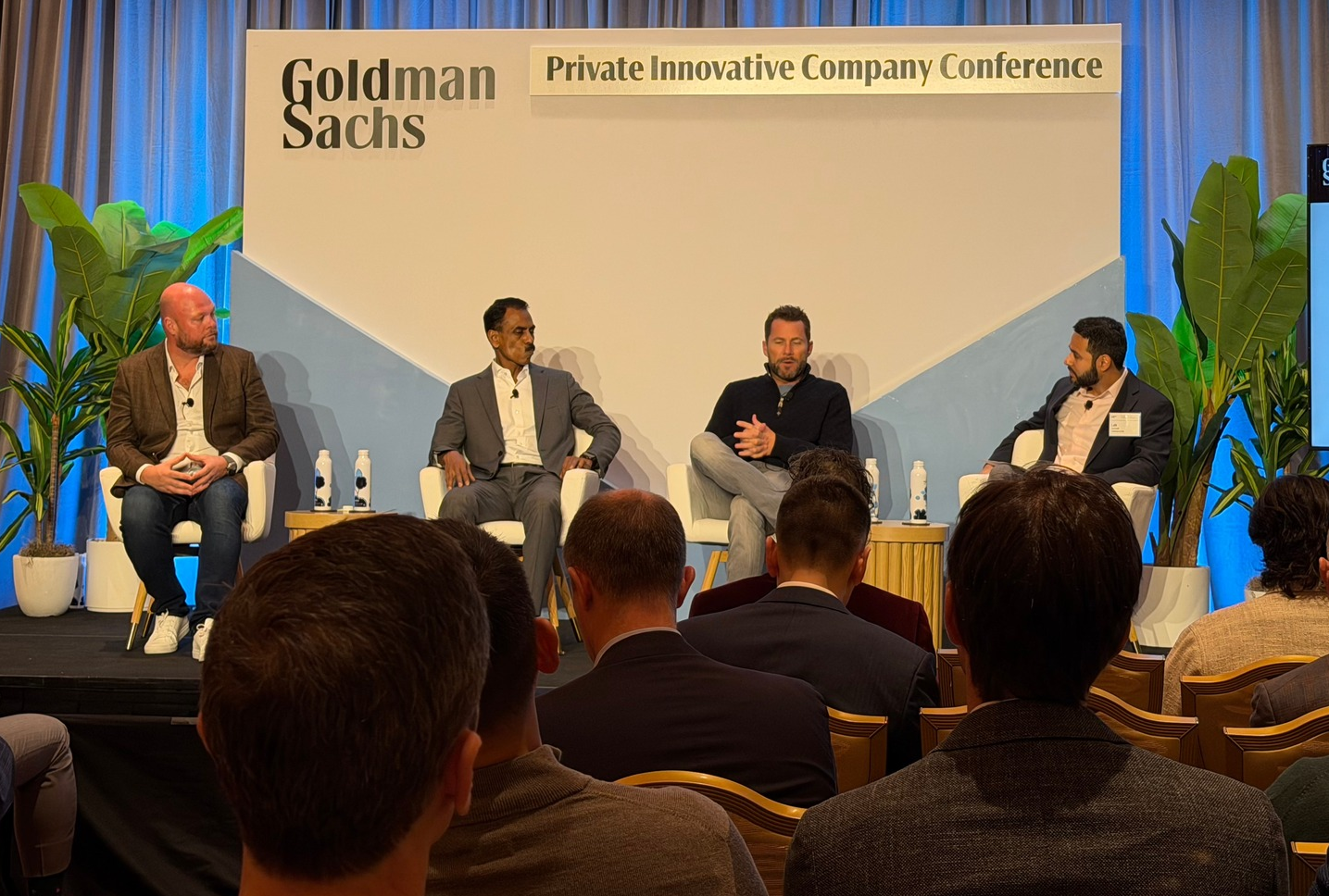Kalshi Emerges as Top Prediction Market Player at Goldman Sachs Tech Conference

The Goldman Sachs annual private technology conference in Las Vegas drew a crowd of prominent investors and tech leaders this week. Attendees had opportunities to connect with executives from leading companies in fields like artificial intelligence and ride-sharing. Figures such as Uber co-founder Travis Kalanick and Instagram co-founder Kevin Systrom once used similar events to build early momentum for their ventures.
This gathering has long served as a key venue for spotting emerging trends in startup investing. Discussions ranged from advancements in machine learning to new platforms reshaping financial services and decentralized finance. Amid the buzz, one company captured widespread attention for its rapid ascent in a niche yet expanding sector.

Kalshi Captures Investor Spotlight with Strong Growth Metrics
Kalshi, a blockchain-enabled prediction market platform, stood out as the conference's most discussed startup. The company allows users to trade contracts on real-world events, from political outcomes to economic indicators. CEO Tarek Mansour, who began his career as a Goldman Sachs intern, delivered a featured presentation that highlighted the firm's evolution.
Mansour addressed practical challenges in scaling the business, including refining fee structures for retail traders and larger institutions. According to sources at the private event, he noted that the platform's operations were modest just a year ago but have since expanded significantly. Executives shared with investors that trading volume surged sixfold over the past six months, positioning Kalshi on track for $600 million to $700 million in annualized net revenue.
This performance comes with minimal marketing spend, underscoring the organic demand for prediction markets. Kalshi operates as a federally regulated exchange under the Commodity Futures Trading Commission, which provides users with a compliant environment for event-based trading. The platform now serves participants in more than 140 countries, blending traditional finance with blockchain elements for secure settlements.
Investors at the conference expressed keen interest in Kalshi's trajectory, viewing it as a bridge between conventional markets and decentralized technologies. The event's location in Las Vegas added a thematic layer, with slot machines nearby mirroring the probabilistic nature of prediction contracts. Attendees described Kalshi as surpassing even high-profile AI firms in drawing allocation commitments.
The startup recently closed a $1 billion funding round at an $11 billion valuation, led by Sequoia Capital and CapitalG. This follows a $300 million raise in October that valued the company at $5 billion, with Andreessen Horowitz among the participants in both deals. Paradigm, Anthos Capital, and Neo also joined the latest investment, reflecting broad confidence in the sector's potential.
Kalshi's growth aligns with a broader surge in prediction markets, where platforms aggregate crowd wisdom on future events. The company projects $50 billion in annualized trading volume for 2025, up from $300 million the previous year, capturing over 60% of global activity. Partnerships with brokerages like Robinhood and Webull have boosted distribution, while integrations with data providers like Barchart enhance its appeal to institutional users.
In September 2025, Kalshi's monthly volume reached $1.3 billion, outpacing competitors and signaling a shift toward regulated platforms. The firm has expanded into sports and entertainment contracts, drawing users who seek precise hedges against uncertainties. Blockchain integration, led by new head of crypto John Wang, aims to incorporate stablecoins and decentralized rails without compromising compliance.
Stay In The Loop and Never Miss Important Crypto News
Sign up and be the first to know when we publishThis momentum positions Kalshi as a leader in a space where information pricing meets financial innovation. The conference conversations revealed how prediction markets could evolve into tools for risk management across industries. As Kalshi refines its model, it continues to attract capital from both Silicon Valley and Wall Street circles.
Kalshi faces competition from Polymarket, a crypto-native platform built on the Polygon network. Polymarket has gained traction with decentralized settlement and global accessibility, though it restricts U.S. users pending regulatory approvals with plans to relaunch in the U.S. soon. The rival recently raised $2 billion at a $9 billion valuation from Intercontinental Exchange, the NYSE's parent company, and plans a native token launch in 2026.
Together, Kalshi and Polymarket handled over $17 billion in trades since September, with volumes spanning elections, sports, and cultural events. Polymarket's on-chain transparency appeals to crypto enthusiasts, while Kalshi's fiat access and KYC framework suit traditional traders. Analysts see both models converging, with crypto and blockchain becoming essential for scalability.
The rivalry highlights prediction markets' dual paths: one rooted in regulation for U.S. dominance, the other in decentralization for worldwide reach. Kalshi's conference performance suggests regulated players may hold an edge in building trust with institutions. As 2025 progresses, these platforms could redefine how markets forecast outcomes, from economic shifts to pop culture milestones.

